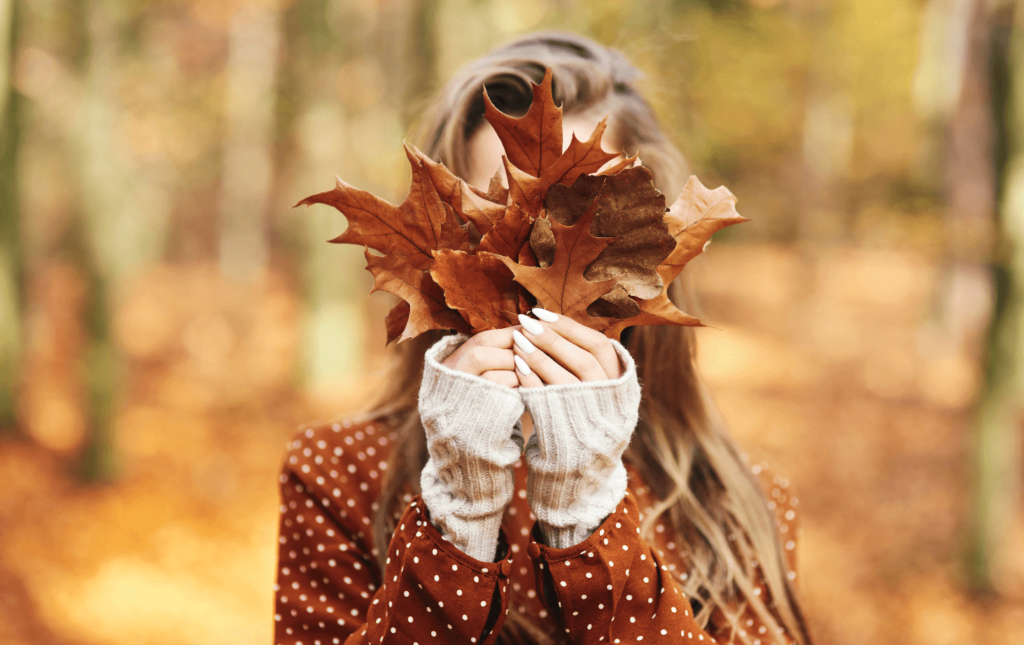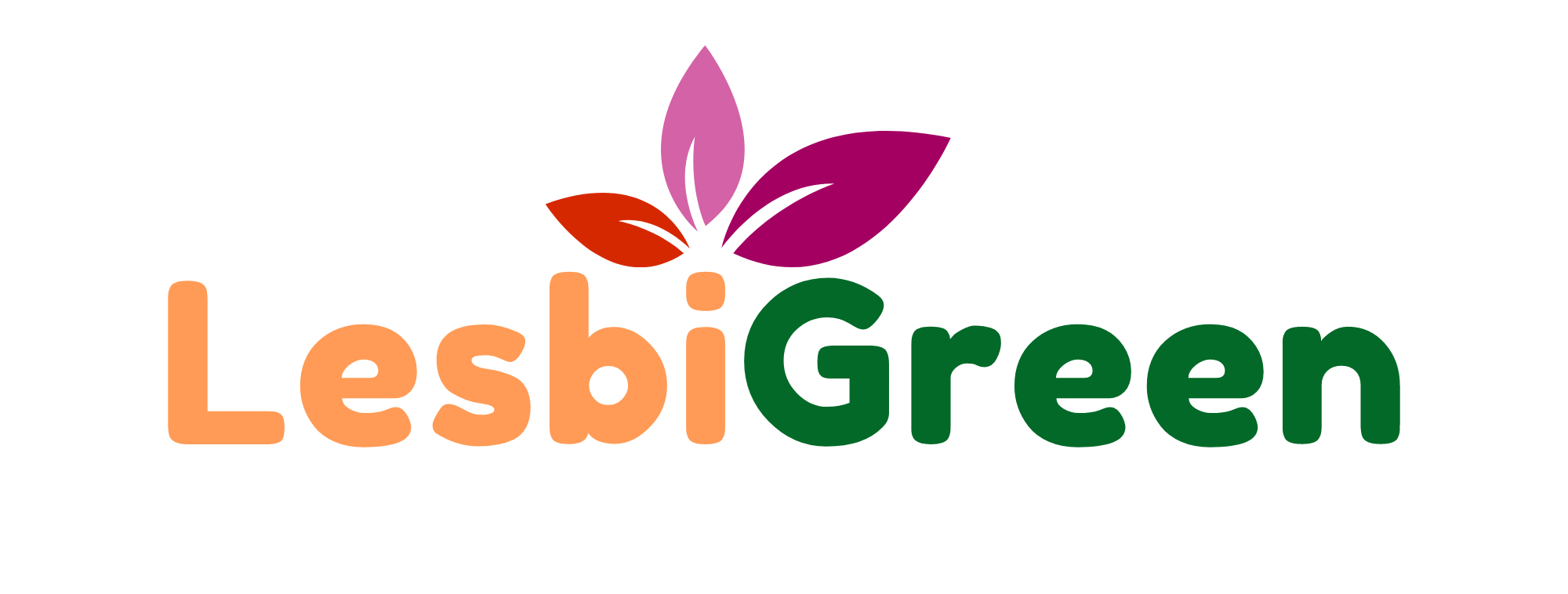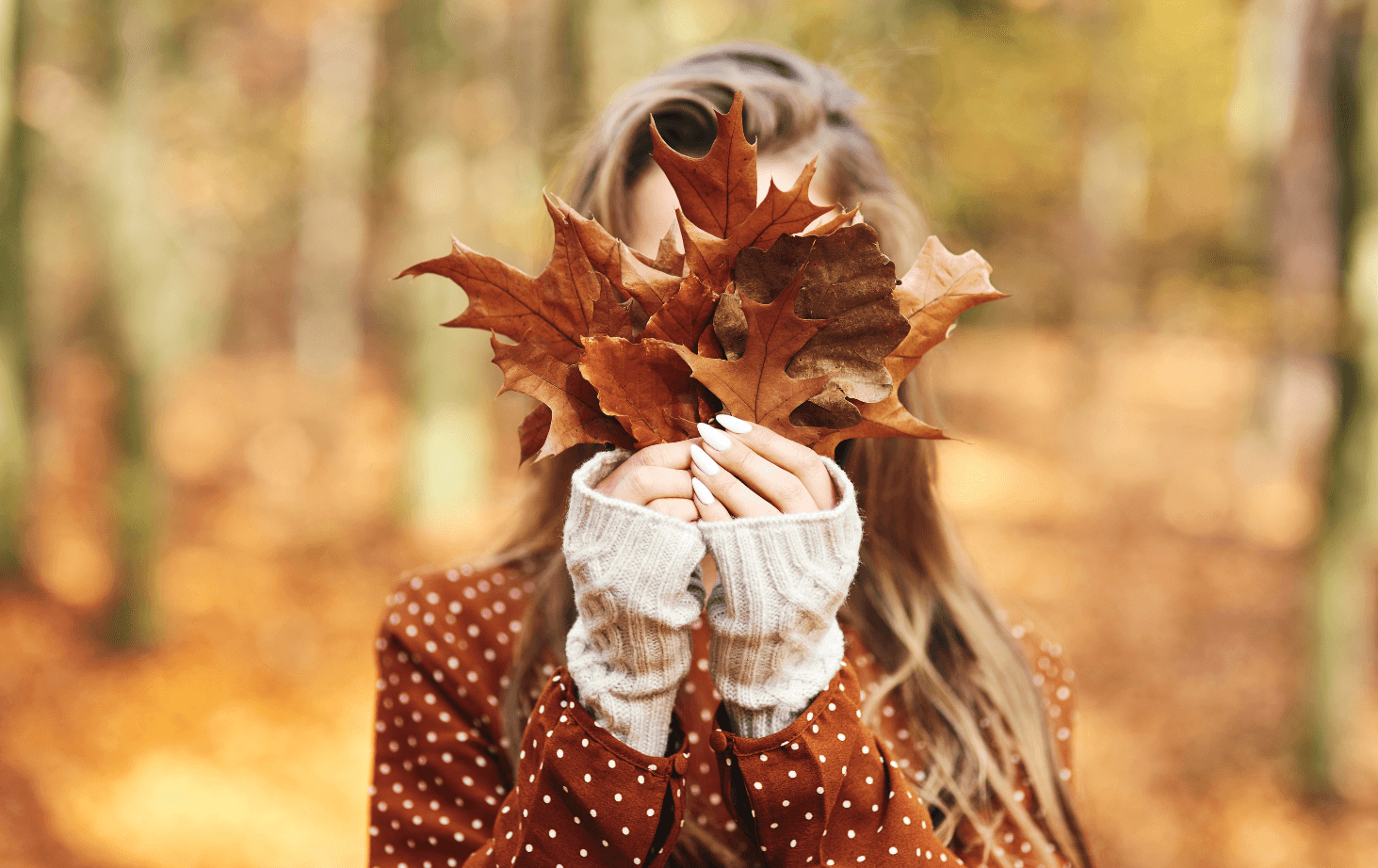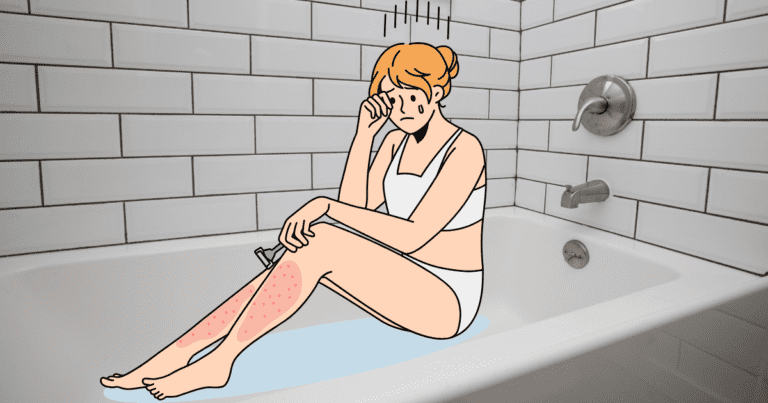Fall Leaves: Why You Shouldn’t Rake Them This Year
As the fall season rolls around, you might start to notice the leaves starting to change. With brighter yellows and reds, and a hint of crispness in the air, the changing leaves are a beautiful sight. But depending on where you live and if you have a lawn that gets mowed regularly, raking your leaves is not just a hassle but also harmful to both you and your yard.
There are several reasons why raking your fall leaves isn’t such a good idea. Instead, allow them to naturally decay so they don’t end up choking your lawn or ending up in nearby waterways where they can pollute.
Here are some reasons why you should let your leaves pile up instead of raking them this autumn:
You May Be Damaging Your Lawn By Raking
Weeding and mowing are two activities that are often erroneously associated with a healthy lawn. So if you have a healthy lawn, you don’t have to do any “lawn maintenance.” But what if your lawn is unhealthy? What if it is covered in weeds? What if it is covered in leaves? The first thing to know is that a healthy lawn will be able to grow through just about anything, but an unhealthy one won’t.
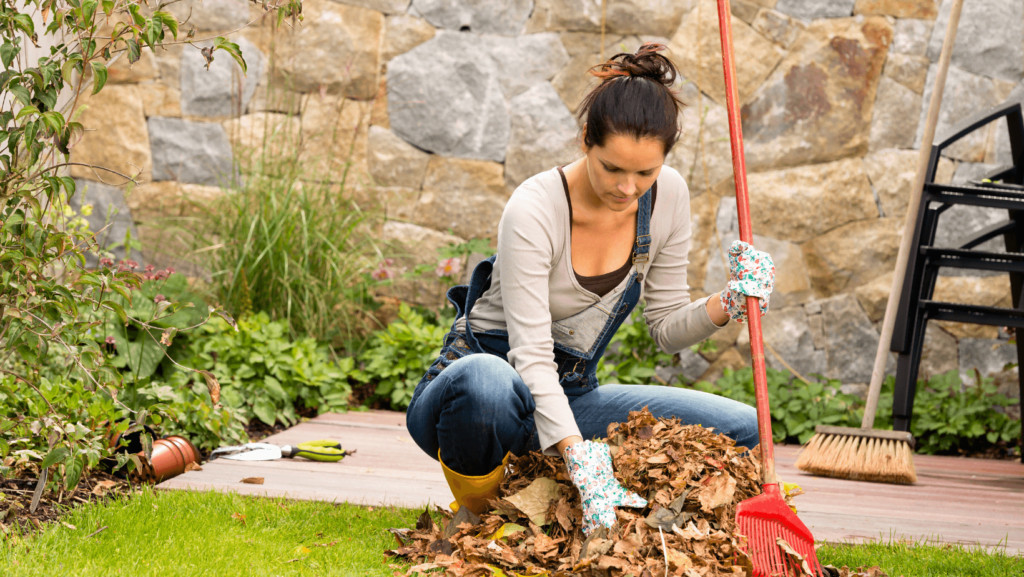
Instead of raking, use your lawn mower (without bagging) to chop up the leaves which becomes free fertilizer for your grass.
Leaves Protect Wildlife
A natural habitat for so many living creatures! Birds, butterflies, salamanders, box turtles, toads, chipmunks, earthworms, insects, and more can be found benefitting from the leaf layer. As the National Wildlife Federation says, “The leaf layer is its own mini ecosystem.” By raking or blowing leaves, you’ll be getting rid of important habitats for beneficial insects, many of which are pollinators.
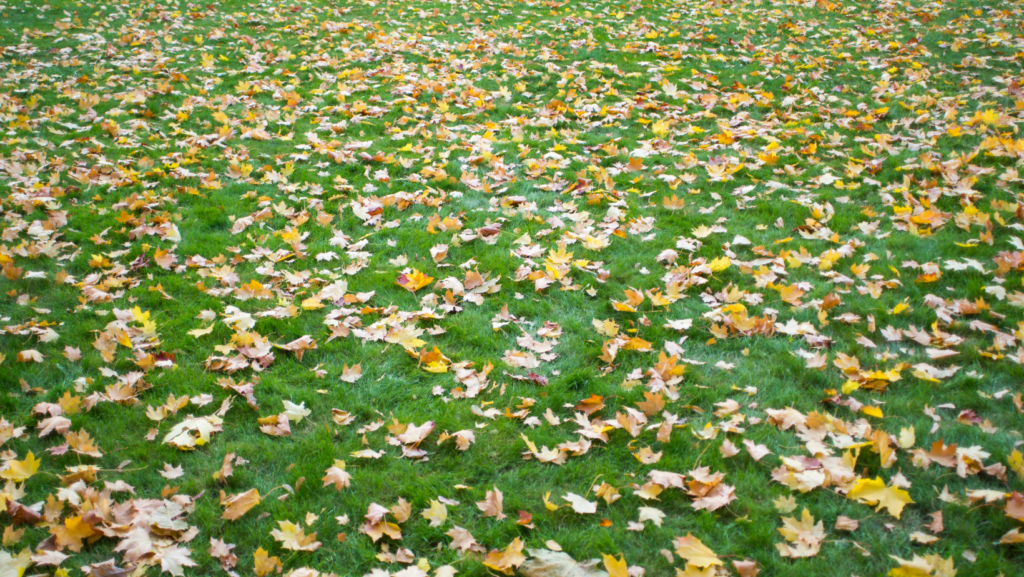
Leaves Have Good Nutrients for Your Lawn
There are a number of nutrients in leaves that are great for your lawn. Some of the most important ones include nitrogen, phosphorus, and potassium. These three nutrients are all essential for a healthy lawn and are commonly referred to as NPK.
Raking your leaves is great for your lawn because of the NPK it provides. You can also add some other nutrients to the pile like compost or manure. This will help the leaves decompose and nourish the lawn at the same time. Because leaves have a high amount of nitrogen, they are great for helping your grass grow. They can also help lower the amount of water that your grass needs. This is because leaves have a high amount of carbon.
Recycling Leaves Is Good for the Environment
When you rake your leaves each fall, what do you do with them? If you have a compost pile, then that is great. But if not, you probably end up throwing them into the trash. This is unfortunate because leaves are compostable, meaning that they can easily be broken down and recycled by the environment.
Raking your leaves and throwing them in the trash is like throwing money in the trash. Not only does it cost you money to dispose of the leaves, but it also has a negative impact on the environment. According to the EPA, landfills receive 10 million tons of yard trimming material each year. Even worse, leaves do not decompose in a landfill naturally. Instead, they turn into methane gas that leaks into the air.
If you must rake your leaves, add them to your compost pile so that they can easily be broken down. This will help your garden stay healthy and will save you money on landscaping costs.
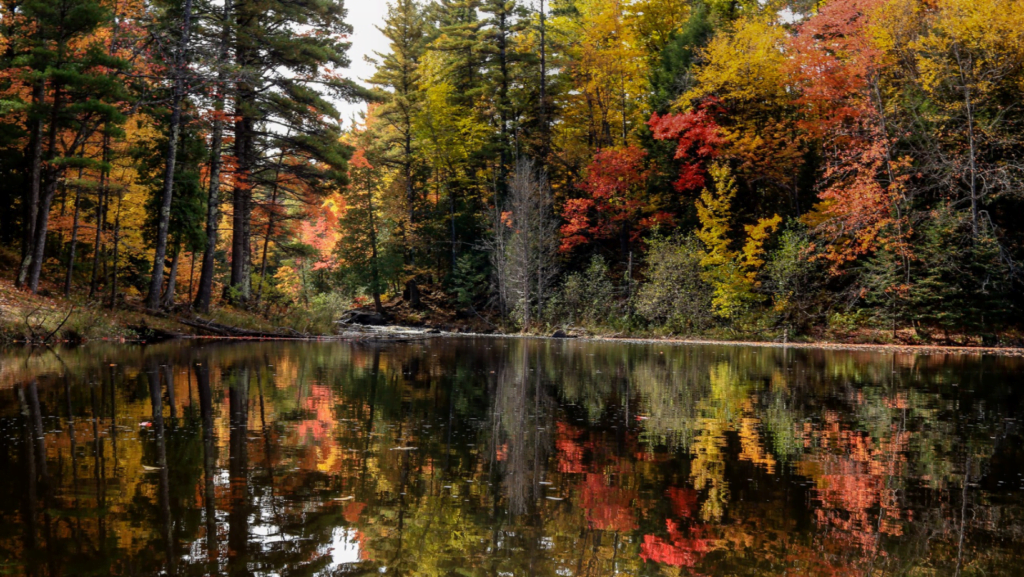
Dumping Leaves in the River or Lake is Bad for the Environment
If you rake your leaves, you have the option of either composting them or throwing them into the trash. If you choose the latter, you can easily dump the leaves into your compost bin. If you choose the former, then you have to find a way to get the leaves to the compost sites.
But what do you do if you don’t have a compost site or don’t want to go through the hassle of getting the leaves there? Can you simply throw the leaves in the river or lake? If you do this, you are actually doing more harm to the environment than if you had just raked them and thrown them into the trash. Also, be careful not to rake them into the street where they can clog drains and cause other problems.
Conclusion
Raking your leaves is a good way to get rid of them, but it has a negative impact on your lawn, your wallet, and the environment. Instead of raking, let your leaves compost on their own in your lawn. This will provide nutrients for your lawn, save you money, and have a minimal impact on the environment.
Finally, I can enjoy the beautiful fall weekends without all the yard work! It also gave me more time to play with my cats and review the new Litter-Robot.
